Eye problems are on the rise. According to the World Health Organization, over 2.2 billion people worldwide live with some form of vision impairment, including cataracts, glaucoma, and age-related degeneration. Glasses, surgeries, and eye drops have become standard treatments. Yet, in kitchens and gardens around the world, there’s a humble herb that has long been valued in natural medicine: oregano.
Often used as a spice in Mediterranean cooking, oregano is also a traditional remedy believed to support immunity, digestion, and even vision. Its high antioxidant content has sparked interest in whether it may help reduce oxidative stress, one of the key factors in cataract development and eye aging.
But does oregano truly restore vision? Can it replace glasses or medical treatment? This article will unpack the science, history, and practical uses of oregano—separating fact from fiction. You’ll learn how this aromatic plant can complement your wellness routine and how to use it responsibly without falling into the trap of miracle claims.
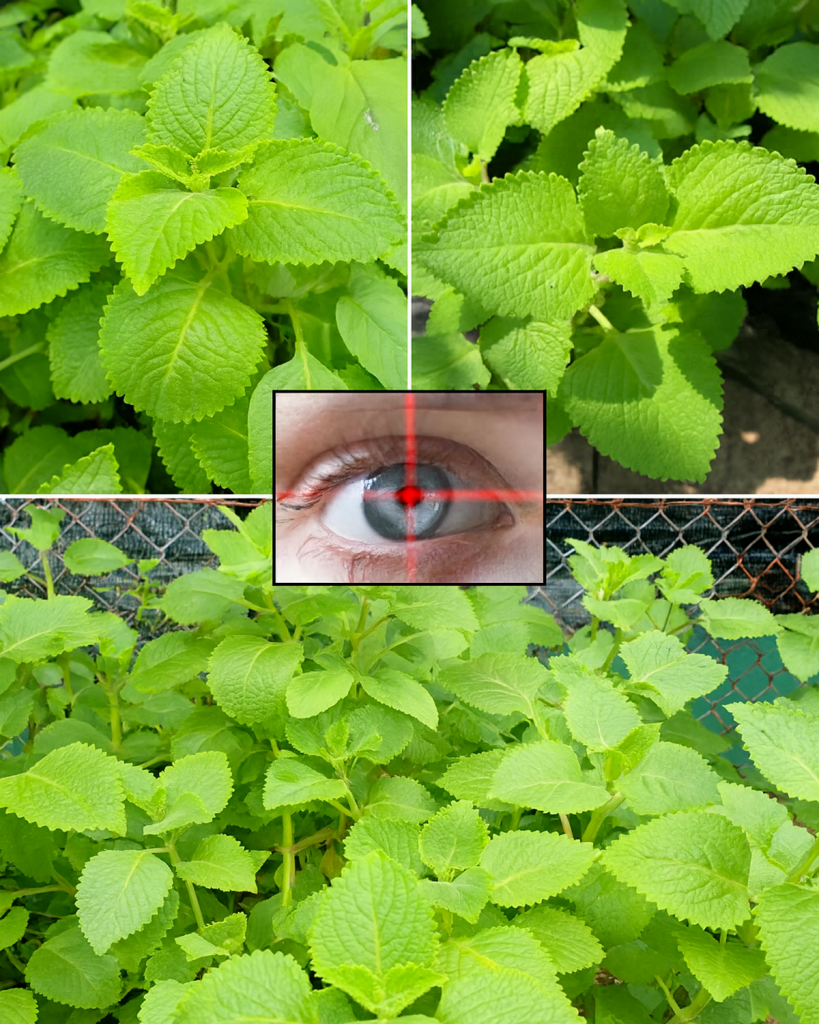
What Makes Oregano Special?
Oregano (Origanum vulgare) is a perennial herb native to the Mediterranean but now grown worldwide.
Nutritional Profile
- Carvacrol & thymol: Essential oils with antimicrobial and antioxidant effects.
- Vitamin A: Important for eye health and vision in low light.
- Vitamin C: Protects against oxidative damage.
- Lutein & zeaxanthin: Plant compounds linked to retinal protection.
These compounds have made oregano a “functional food,” valued beyond its flavor.
How Oregano May Support Eye Health
1. Antioxidant Defense Against Cataracts
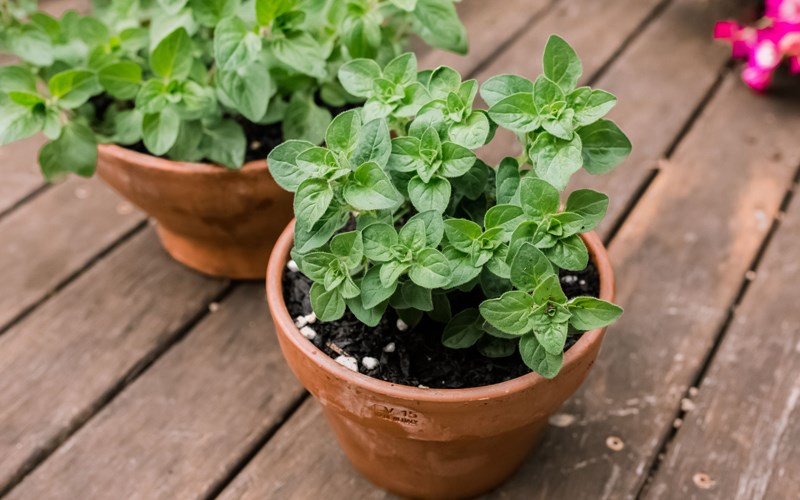
2. Immune and Anti-Inflammatory Support
Inflammation plays a role in eye conditions. Carvacrol, a compound in oregano oil, may calm inflammatory pathways, potentially supporting eye comfort.
3. Nutrient Supply
Vitamins A and C from oregano contribute to retinal health and may protect the cornea.
| Eye Concern | Oregano’s Role | How It Helps |
|---|---|---|
| Cataracts | Antioxidants | Reduce oxidative stress |
| Eye strain | Vitamin A | Supports vision clarity |
| Dry eyes | Anti-inflammatory | May soothe irritation |
| Infections | Antimicrobial oils | Reduce bacterial growth |
Note: Oregano is supportive, not curative. It cannot reverse existing cataracts or eliminate the need for professional treatment.
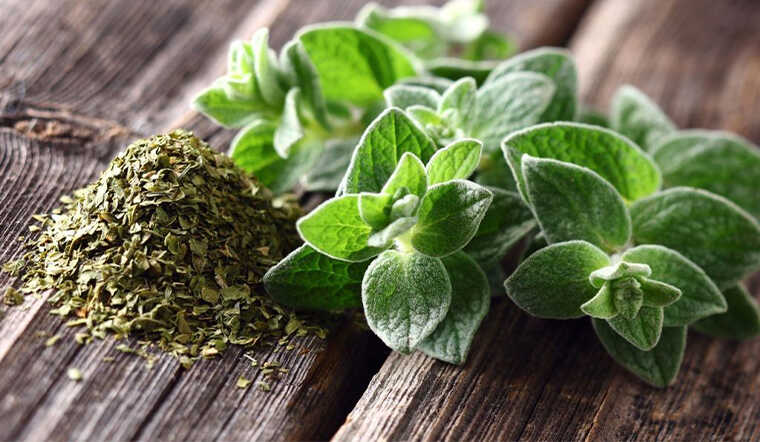
Traditional Uses of Oregano for Eye and General Health
- Oregano Tea: Steeped leaves are consumed to support immunity and digestion.
- Oregano Oil: Diluted oil applied externally to reduce inflammation.
- Inhalation: Steam infused with oregano for respiratory relief.
In some cultures, diluted oregano extracts were used around the eyes (never inside) for irritation. However, modern experts caution against applying essential oils near the eyes due to sensitivity.
Safe Ways to Use Oregano
1. Oregano Tea for General Health
- 1 teaspoon dried oregano
- 1 cup boiling water
- Steep 5–7 minutes, strain, and drink.
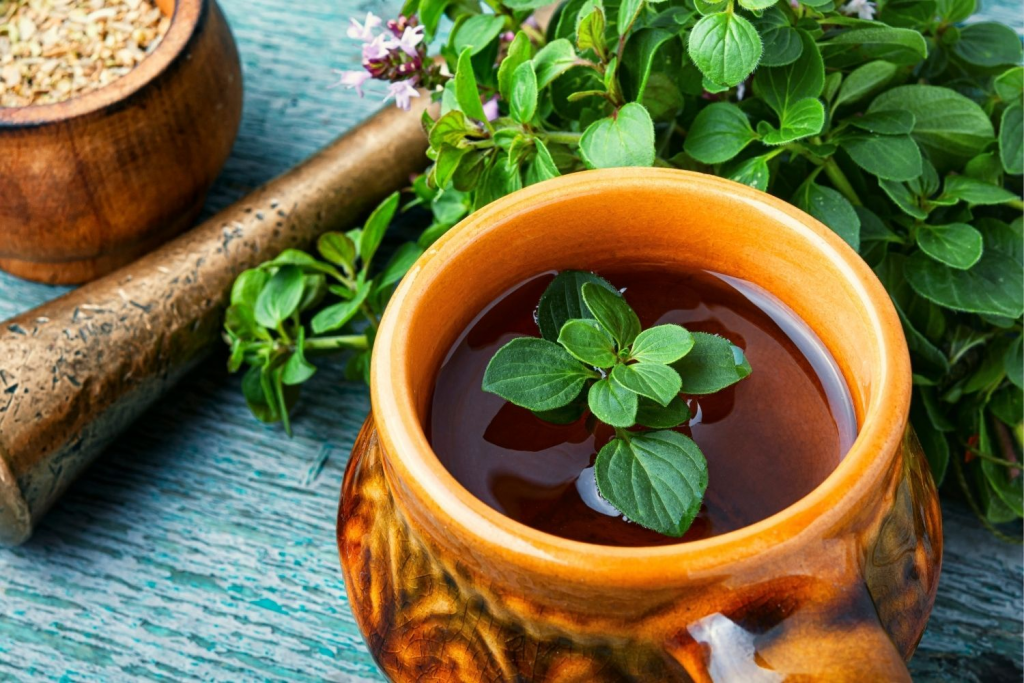
2. Culinary Use
Incorporate oregano into meals for long-term health benefits: salads, soups, roasted vegetables, and sauces.
3. Oregano Oil (Caution)
- Always dilute with a carrier oil.
- Never place directly in the eye.
- Safe use includes massage on temples or inhalation for overall wellness.
Real-Life Story: Elena’s Experience
Elena, a 58-year-old from Greece, grew up drinking oregano tea every winter. As she aged, she struggled with eye strain from working on computers. While she still sees her ophthalmologist regularly, she swears that her oregano routine helps her feel less fatigued and more alert. For her, oregano is not a cure, but a trusted companion in her wellness journey.
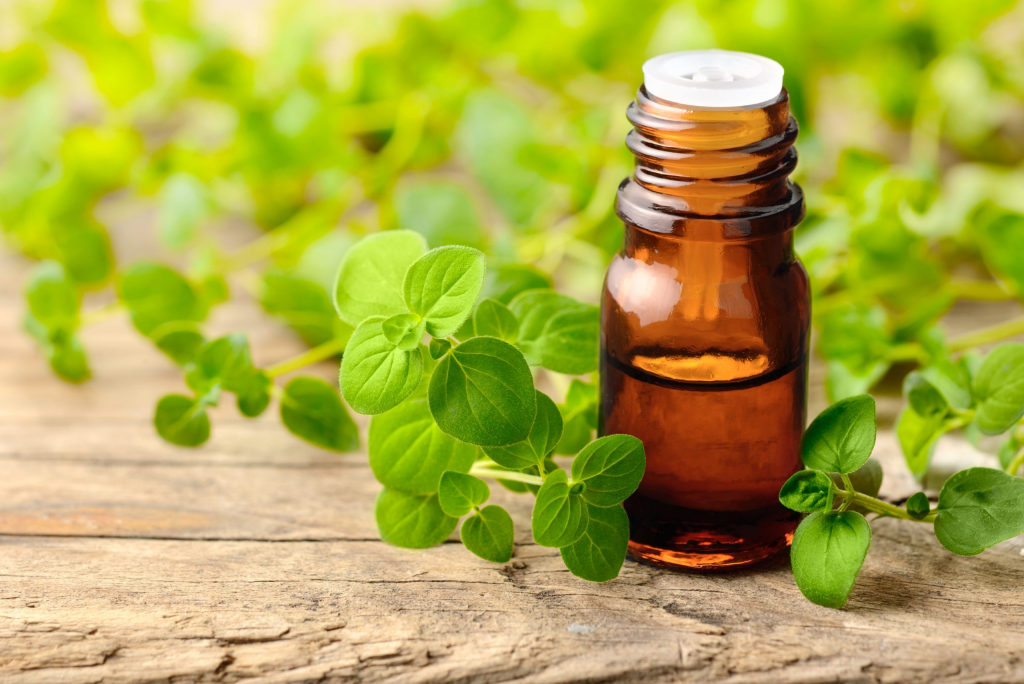
What Science Says
- A study in Evidence-Based Complementary and Alternative Medicine highlighted oregano’s strong antioxidant profile, which may support cellular health.
- Lab tests show oregano oil’s antimicrobial activity against bacteria and fungi, which may indirectly support eye hygiene.
- No clinical trials confirm oregano cures cataracts or restores lost vision.
Science supports oregano as a helpful dietary herb, not as a substitute for ophthalmology care.
Lifestyle Habits for Better Vision
Oregano can play a supportive role, but overall eye health requires broader care.
- Eat for your eyes: Leafy greens, carrots, berries, and fish rich in omega-3s.
- Protect from UV light: Wear sunglasses outdoors.
- Limit screen strain: Follow the 20-20-20 rule (every 20 minutes, look 20 feet away for 20 seconds).
- Get regular checkups: Early detection prevents long-term damage.
| Habit | Why It Matters |
|---|---|
| Balanced diet | Provides essential nutrients for retina & lens |
| Sun protection | Prevents UV-related cataracts |
| Screen breaks | Reduces digital strain |
| Doctor visits | Detects issues early |
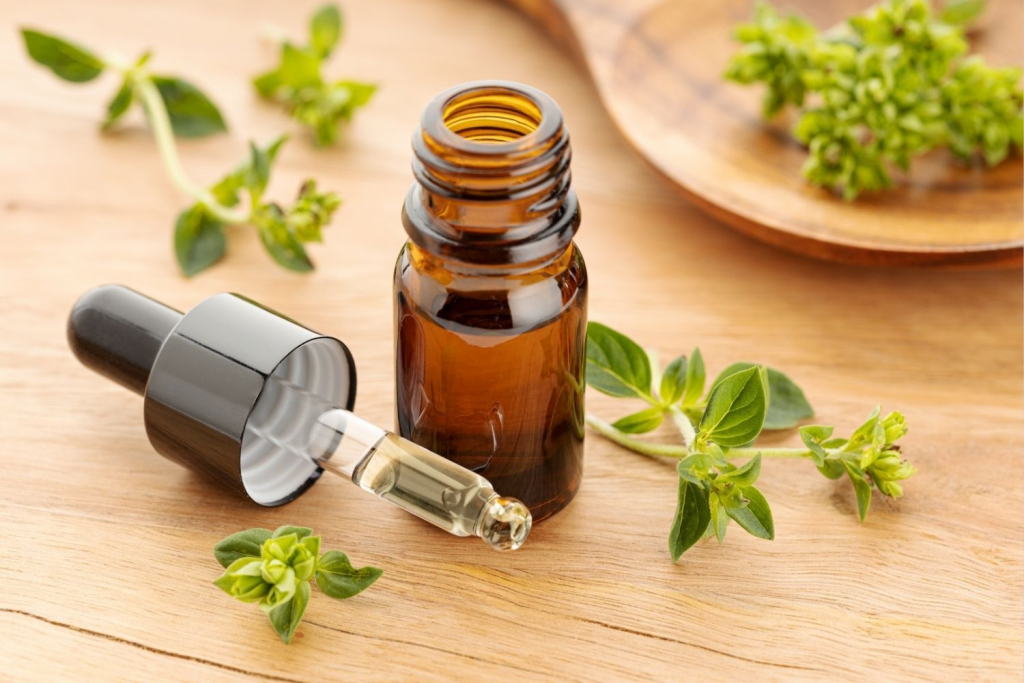
Common Myths About Oregano and Vision
- Myth: Oregano cures cataracts overnight.
Fact: It may slow oxidative stress but cannot dissolve cataracts. - Myth: Oregano oil can be dropped directly in the eyes.
Fact: This is unsafe and can cause burns. - Myth: Eating oregano daily eliminates the need for glasses.
Fact: Glasses correct vision problems that no herb can replace.
Conclusion
Can oregano really restore vision?
Not exactly. Oregano may protect eye cells and support long-term health, but it does not reverse cataracts or replace glasses.
Is oregano safe for daily use?
Yes, when consumed as food or tea. Oregano oil should always be diluted and never applied to the eyes directly.
Why use it at all?
Because oregano provides antioxidants, vitamins, and immune support that contribute to overall wellness, including eye health.
What’s the best approach?
Combine oregano with a nutrient-rich diet, protective habits, and professional eye care.
This article is for informational purposes only and does not replace professional medical advice, diagnosis, or treatment. Always consult your healthcare provider before trying new remedies, especially if you have vision concerns or chronic conditions.




